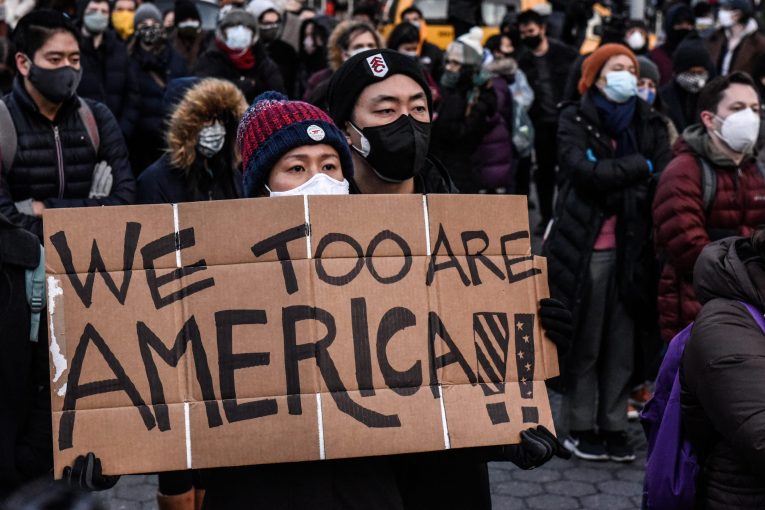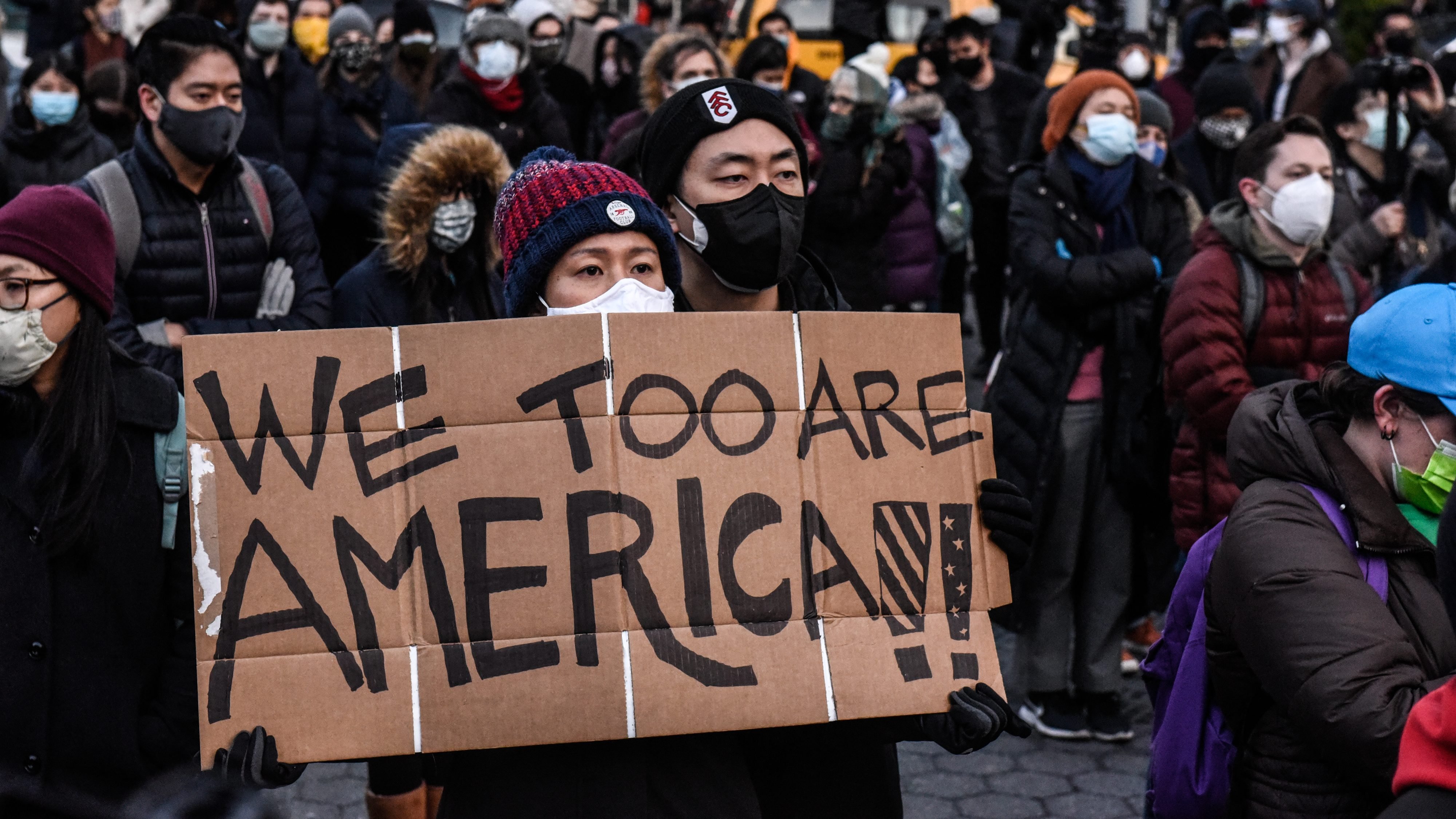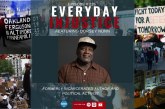

By Ava Schwartzapfel and Matthew Torres
NEW YORK, NY – NBC news released a report this week that indicates women endure a disproportionate number of anti-Asian attacks.
The National Asian Pacific American Women’s Forum conducted research on these attacks, revealing that 74 percent of Asian women have personally experienced racism or discrimination in the last 12 months.
The forum’s executive director, Sung Yeon Choimorrow, said it is critical to recognize that many of the issues that women in this community face can be traced back centuries and have persisted due to “systemic failures” and “systemic racism” that has lasted throughout generations.
Researchers for this study surveyed more than 2,400 Asian Americans and Pacific Islander women over the phone and on the internet in several different languages. 
Fully 38 percent report experiencing sexual harassment, and 12 percent said that they experienced gender or race based physical violence.
Choimorrow said, “I want to emphasize that it is the women that are having more of the life-threatening type of dangerous encounters. We’re being targeted because of the stereotypes about us, that we won’t fight back, that we’re submissive.”
Co-founder Russel Jeung of Stop AAPI Hate, a hate incident tracking forum, said that many of these women are likely dealing with the intersectional harassment of being both women and Asian.
Another factor to this, Jeung explains, could be that men are less likely to report such harassment due to gender norms about masculinity.
Regardless, this is “clearly a gendered issue” that affects women more, Jeung shared.
This report also divided data by ethnicity, showing that 72 percent of East Asians, 73 percent of South Asians, and 75 percent of Southeast Asians have reported harassment.
The groups of women most impacted have been Native Hawaiian and Pacific Islander women. They reported that 80 percent of them have dealt with racism or discrimination, along with a larger percentage reporting sexual harassment at 50 percent.
According to NBC, Choimorrow states the results show deeper rooted issues that predate the pandemic and hateful “China virus” rhetoric, and suggests passing hate crime legislation, like the COVID-19 Hate Crimes Act, does not fully contextualize the issues that AAPI women are facing.
Choimorrow explains, “Having something like the COVID-19 Hate Crimes Act also sort of reinforces that notion that this is a creation of Covid, and therefore we’re addressing it as that. There’s no recognition of what we have endured as people for hundreds of years. You’re not looking for the right solutions if you’re only looking at the context of the last two years.”
Jeung also understands that hate crime legislation is not the panacea for attacks against Asian Americans and Pacific Islanders.
He claims that focusing on crime and punishment would only address the less than 10 percent of crimes that people could be arrested for. In the statistics cataloged by Stop AAPI Hate, they found that some incidents are not racially motivated but only involve race.
Jeung is advocating for expanding civil rights protections more than hate crime legislation. Stop AAPI Hate revealed that a large portion of their cases are civil rights violations, and its focus is to have harassment recognized as a public health issue.
Jeung elaborated on their stance for civil rights protections over hate crime legislation, noting, “Racism harms the public health of both individuals and all communities. We’re asking the Department of Health to define harassment and to create awareness.
Jeung added, “We’re not going to go arrest anybody for making a catcall or yelling or hurling an epithet. But identifying what’s a community norm, calling out for better practices, I think it’s important for society to do.”
A separate issue wanting to be addressed is accessibility. It’s being recommended to the Biden administration to invest into language-accessible services that are culturally competent.
Choimorrow claims that resources and materials are only accessible to the community after tragedies occur, rather than being made available at all times.
Choimorrow said, “The problem is when we’ve been invisibilized and dismissed as the ‘other.’ In moments of crisis, you don’t have the bandwidth and the capacity to meet our needs, because you haven’t invested in it from the get-go. To me, that is a real issue.”





